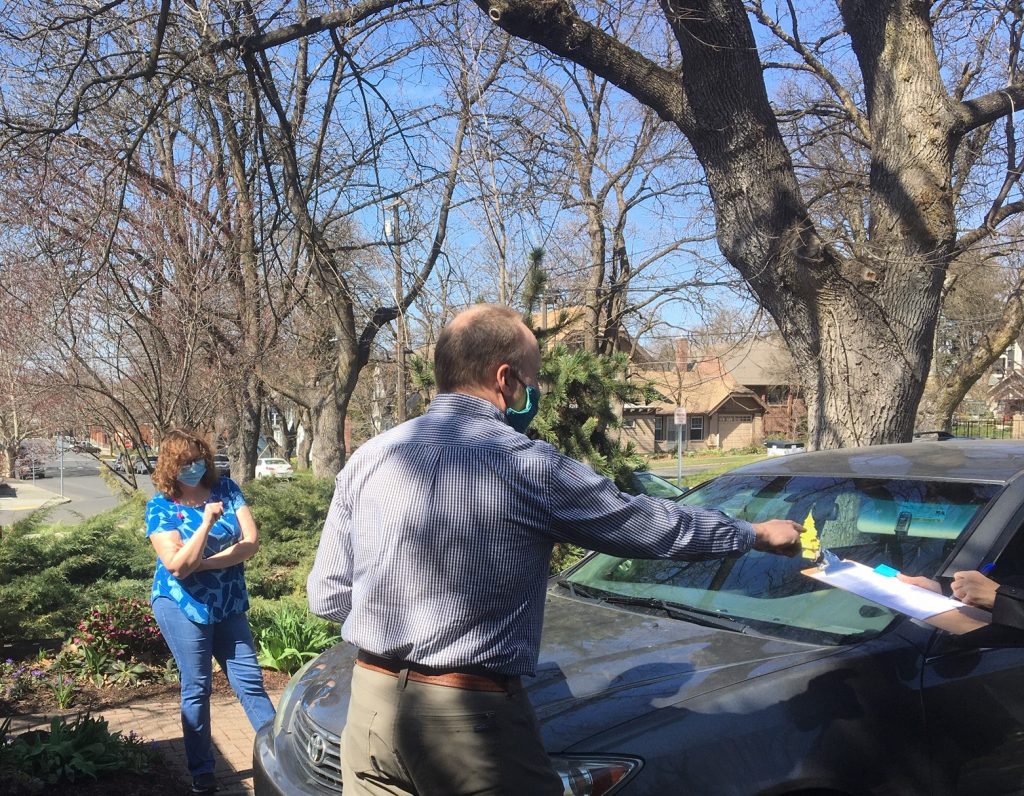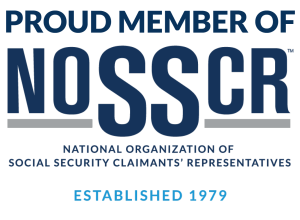Martin O’Malley, Social Security Commissioner, has been very pro-active in improving procedures for claimants and their representatives. He’s the best we’ve seen in many, many years!
Commissioner O’Malley will be ending the heavy-handed practice of intercepting 100% of an overpaid beneficiary’s monthly Social Security benefit, and will now withhold only 10%. Procedures will shift the burden of proving no fault in overpayment away from those persons receiving benefit. Also, it is now easier to request waiver of overpayment if individuals believe they are without fault and/or without the ability to repay.
Soon, Social Security hopes to create a way for employers to share payroll data to reduce the number of overpayments to those on SSI but who are working part-time.

